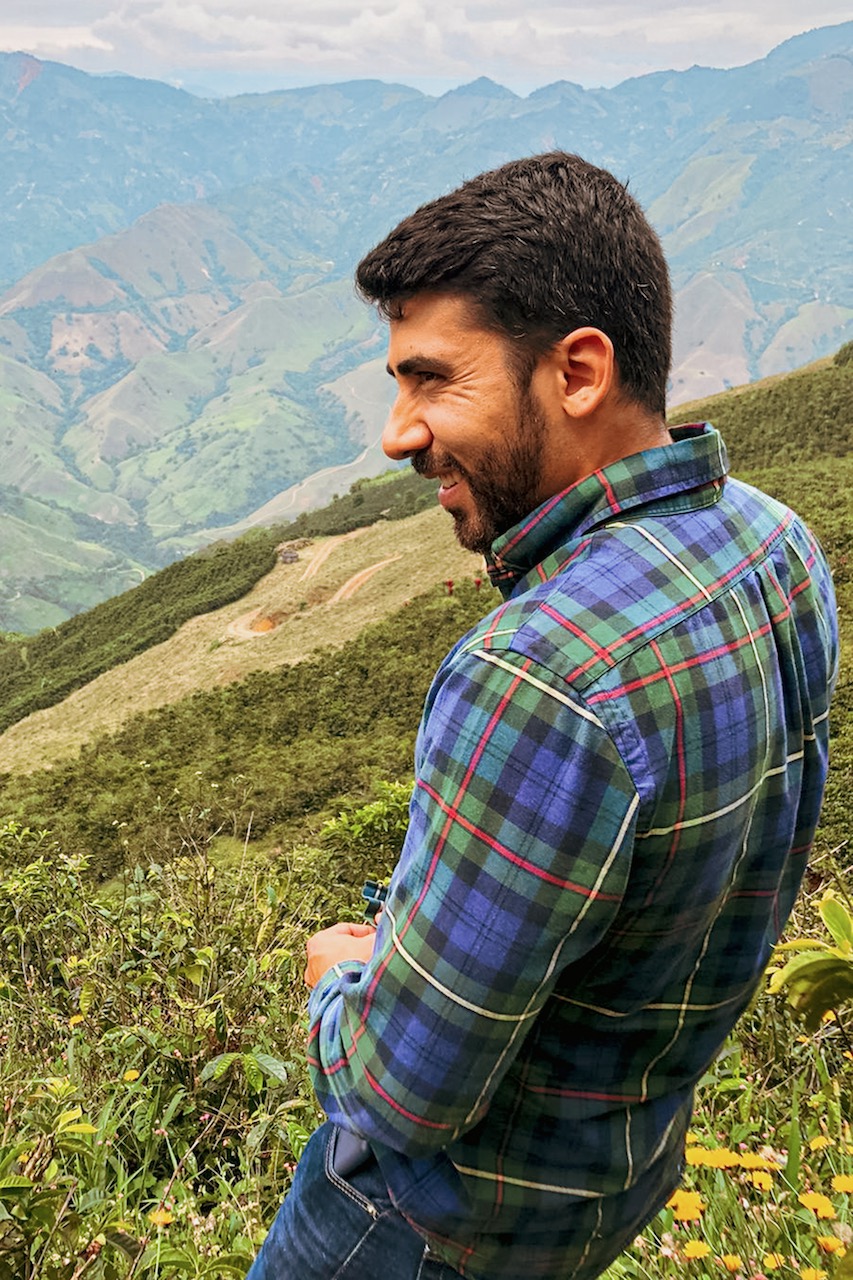
How to be an Ally for Coffee Farmers
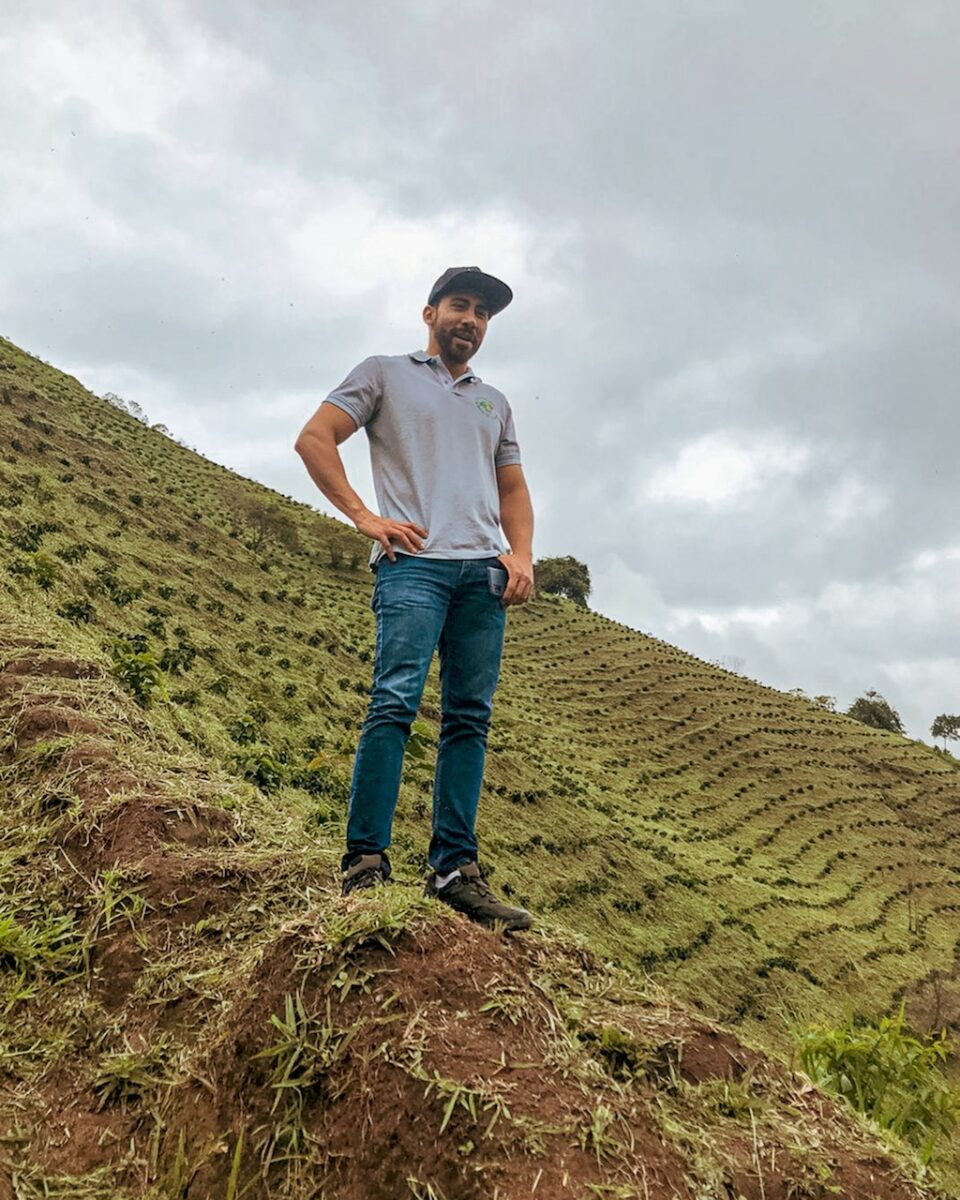
Founded in 2016, Clearpath Coffee began with one intention: To become the best ally for Colombian coffee farmers. Thanks to their co-exporting business model, Clearpath Coffee (Clearpath) can purchase from just one bag of beans, and pay producers higher than the traditional markets and competitors. In 2022, their partner producers earned 32% higher than the average market price. The positive impact Clearpath is having on coffee producers is evident and has led to partnerships with 314 smallholders (farms with under 5 hectares).
The founder of Clearpath, now in its seventh year and with no sign of slowing growth, is Colombian native Vicente Mejía. Vicente began his career as a trader in Argentina before returning to Colombia to start a grain import company. However, it was not long before he decided to launch a new business: Coffee. We spoke to Vicente about his inspiration for the business and why transparency between farmers and buyers has been a motivator from the outset.
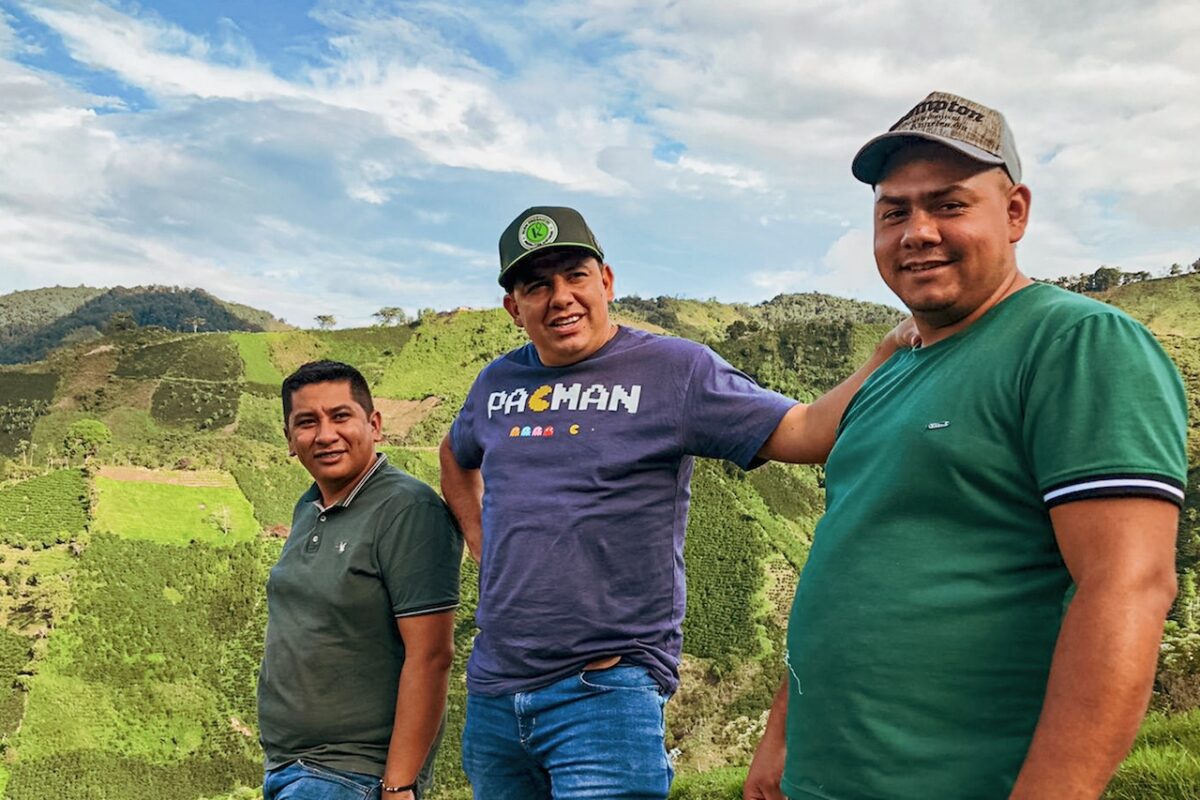
Creating synergy with coffee producers
Whatever industry, once the market has developed and become established, stability leads to stagnation. The system loses flexibility, gets stuck in the old ways and slowly begins to decline. In Colombia, this has already started to happen.
Colombia is one of the top three coffee producers in the world. For more than a century, everything about the industry from production methods and marketing to customer relations has been mostly unchanged. The farmers who produce coffee have no idea of the journey of their beans – where it goes, who buys it and roasts it, or who drinks it and what they think about it. Clearpath decided it was time to do something about this lack of transparency.
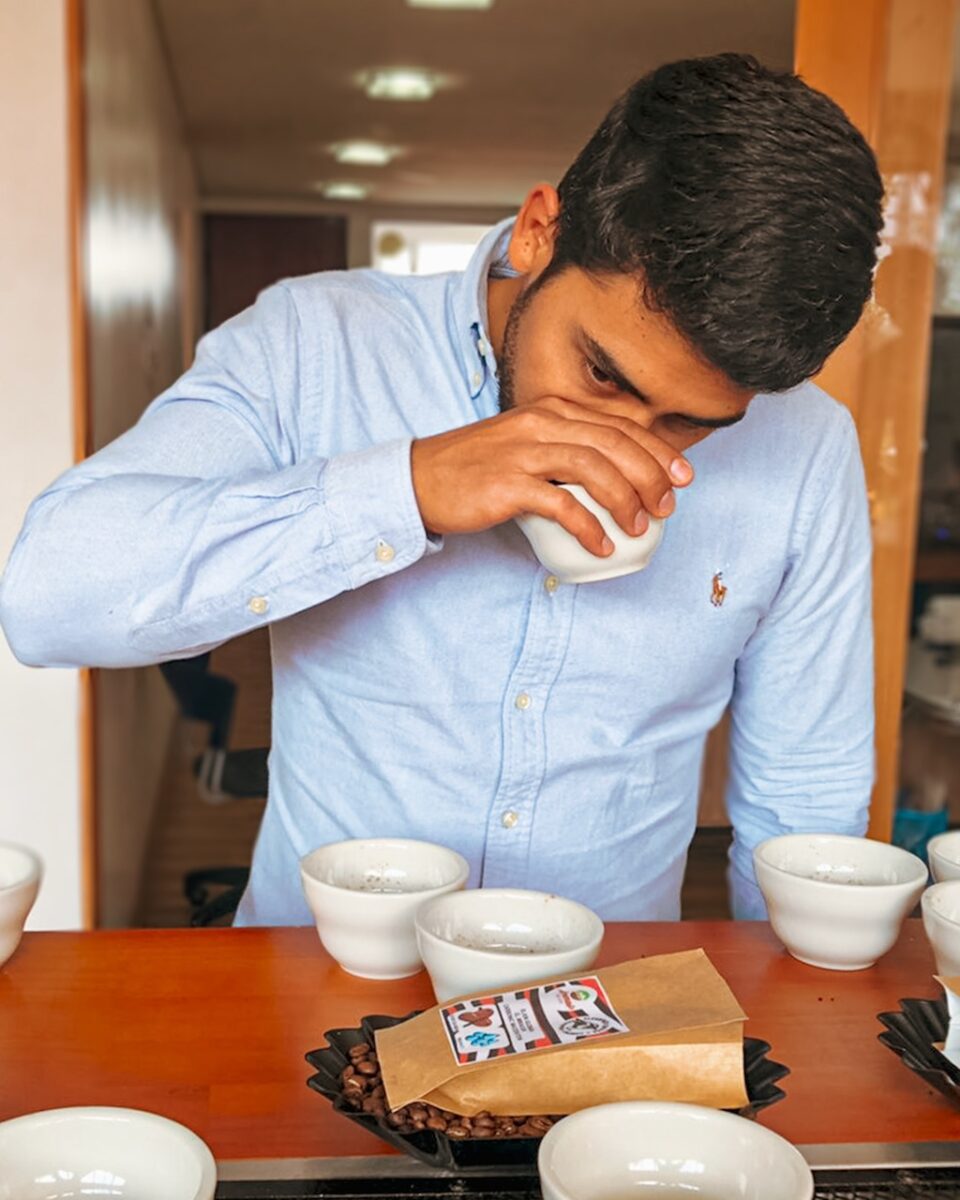
Clearpath works with the coffee farmers, partnering with them to support the promotion and sales of the beans with a dedicated sales team. They send out green bean samples to prospective clients, inviting interested parties to the farm, and set up online meetings between customers and farmers. They share feedback on the samples, which in turn motivates the farmers to create a coffee with even more appeal.
“We want to work as equals with the producers,” says Vicente. “They have the farm and the knowledge on how to produce really good quality coffees, and we have the knowledge on international trade, finance, and building relationships with clients worldwide. If we combine our efforts, we can create synergies and promote these coffees.”
For Clearpath, business does not end with selling the beans. Making farmers more visible to buyers and roasters not only improves their standing in the market, but it uplifts and motivates them. That’s why Clearpath follows up after sales, relaying feedback to the farmers, or giving them information on new processing methods and flavor profile trends. This way the coffee farmers have a better understanding of the marketplace and can put together a solid strategy to direct their efforts on the farm into doing what they do best: producing good quality coffee.
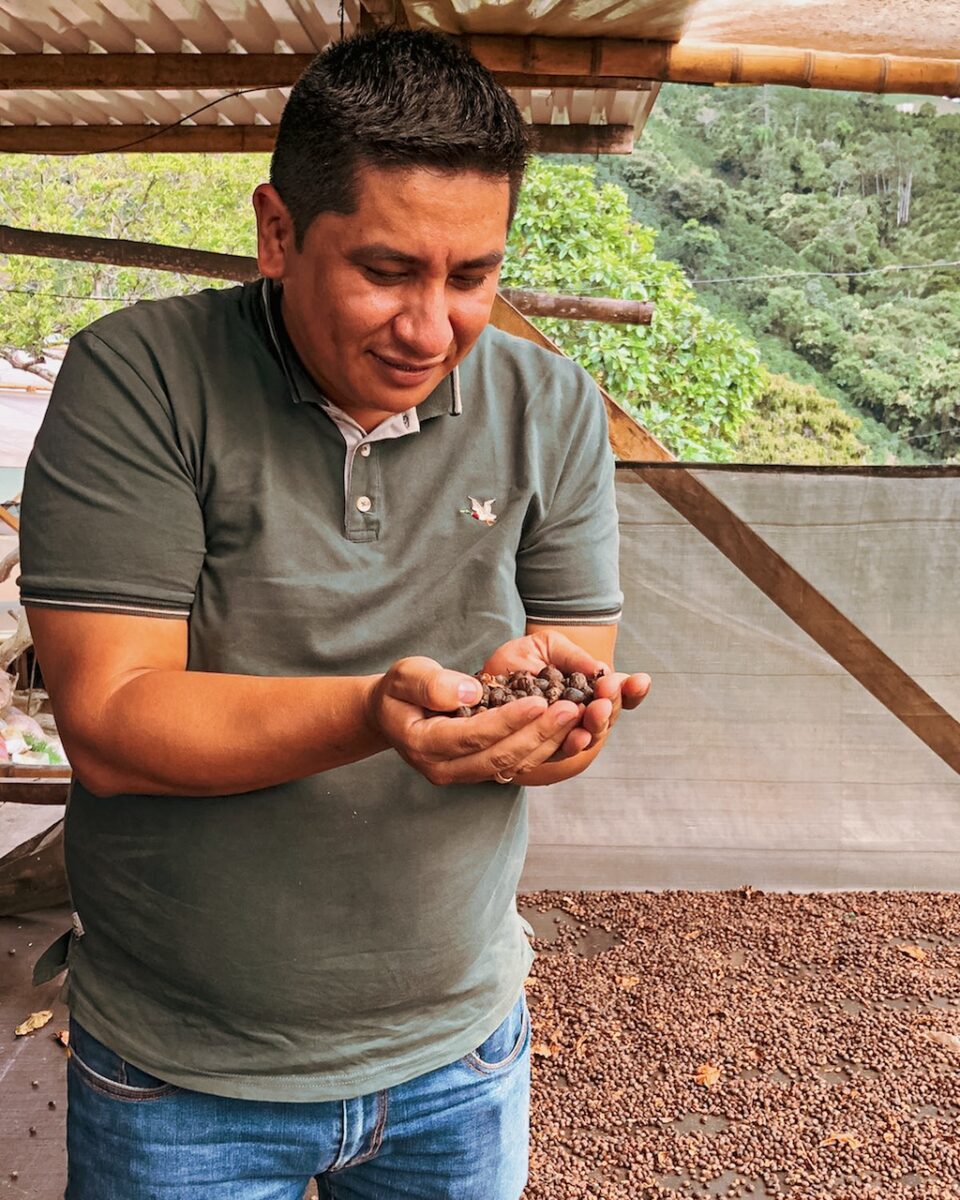
Balancing profit with social impact
As a rule, Clearpath’s minimum purchase volume is five bags of coffee. However, even if a farmer only has one bag or less, Clearpath will still make the purchase. Sometimes, despite producing an exotic blend or superb quality bean, the farmers do not have enough produce to meet the typical minimum requirement for sale. Clearpath understands this dilemma and combines small yields with other producers to make a community or regional blend. This creates a coffee with a unique story and value which can command a higher price in the market.
“We’re not a charity, so there’s a balance between wanting to pay more to the producer, and needing to keep the company profitable. What makes this possible is the talented people working in all our departments. Operations, finance, production (milling and processing), everyone is great at what they do. And we’re always investing our profit into our team, into going to trade shows, in marketing, putting it in the business to keep that balance. But none of this would be possible without the quality coffee and the great relationships we have with the producers.”
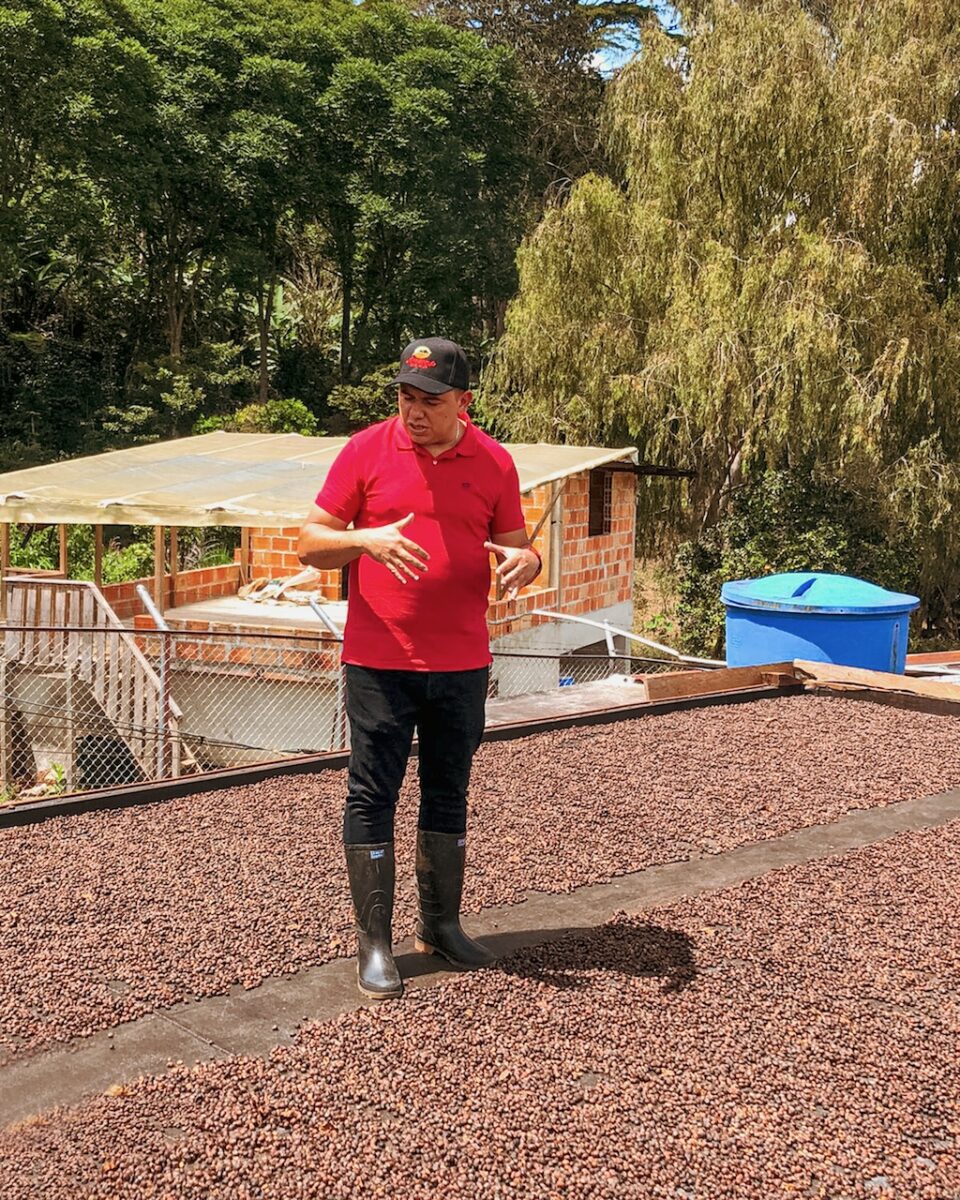
Clearpath measures their social impact by tracking two different metrics. One, how much more they are paying their farmers versus what the co-operatives and coffee grower federations are paying. Two, by counting how many smallholders they have partnerships with. But they are also impacting in other ways which cannot be quantified, says Vincente.
“The feedback we give the producers really encourages and empowers them to produce better coffee. It makes them want to take risks and be more innovative. I’ve seen farmers changing their beans to more exotic varieties, or experimenting with new processing techniques. Knowing they have access to a client who will continue to buy their coffee gives them the courage to take more risks. And because of that I’m seeing big changes in farm associations and farms all over Colombia.”

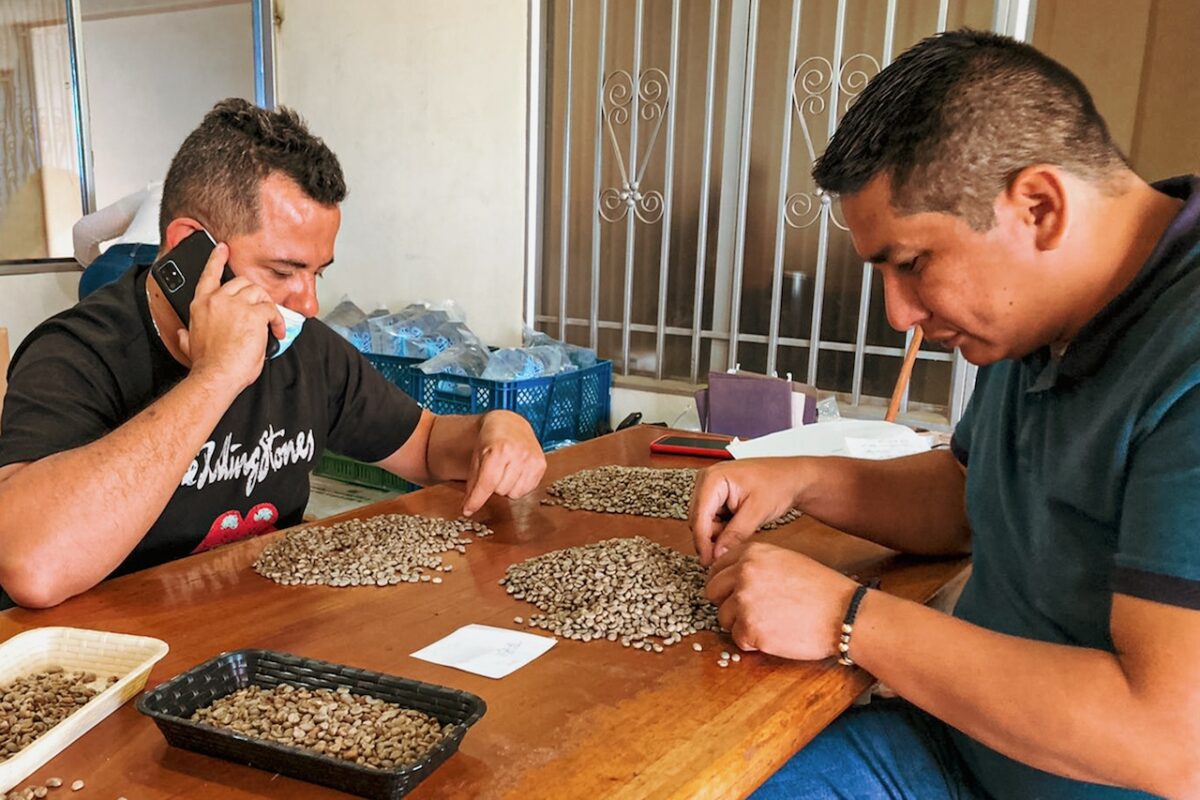
Gaining trust to grow a business
Clearpath likes to do things differently. They have a warehouse where producers can store their coffee until it’s sold. The coffee still belongs to the farmers, and it gives Clearpath an idea of how much coffee is available, improving productivity and profitability.
Clearpath also gives farmers an advance payment of around 50% of the total value once a price has been fixed, paying the rest of the balance after they have received payment from the buyer.
“It allows us to take advantage of a good exchange rate and earn more. We’re working together as partners, so it makes sense to get better value for each other and share more profit. But you know, this model was born from necessity,” says Vicente. “It was the only way I could do business at the start. The company was supported by my limited savings and we had no capital to pay 100%.”
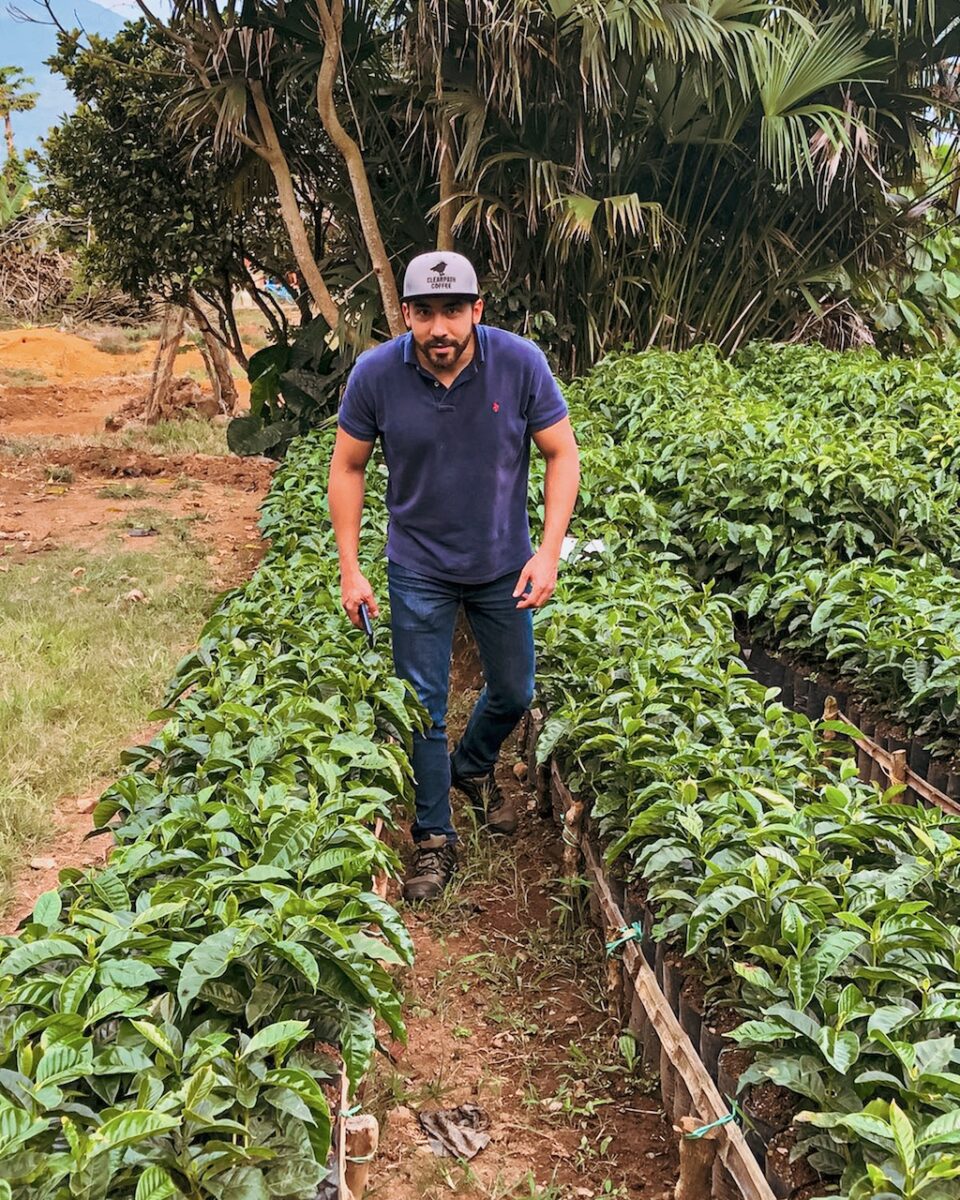
With no reputation, no money, and no hope in the industry, Vincente began by traveling the country, approaching producer associations and smallholders to try and find a partner.
“I’d be telling them ‘Let’s try to sell this coffee for a better price. Let’s work together on promoting this coffee outside’.”
A big return means taking a big risk. Out of the farmers who signed up to the co-exporting model, some agreed to sell their beans to Clearpath, but Vicente had no means to purchase the coffee. “We had to ask the farmers to wait to be paid until after the deal was done, after the coffee was exported.” It turned out, Vicente’s word was enough reassurance and the farmers gave the go ahead.
Perhaps it was Vicente’s confidence that convinced them. He knew that if they could get over this, then the battle was half won. And the growth of Clearpath since then proves that his belief in himself and his business was well placed.
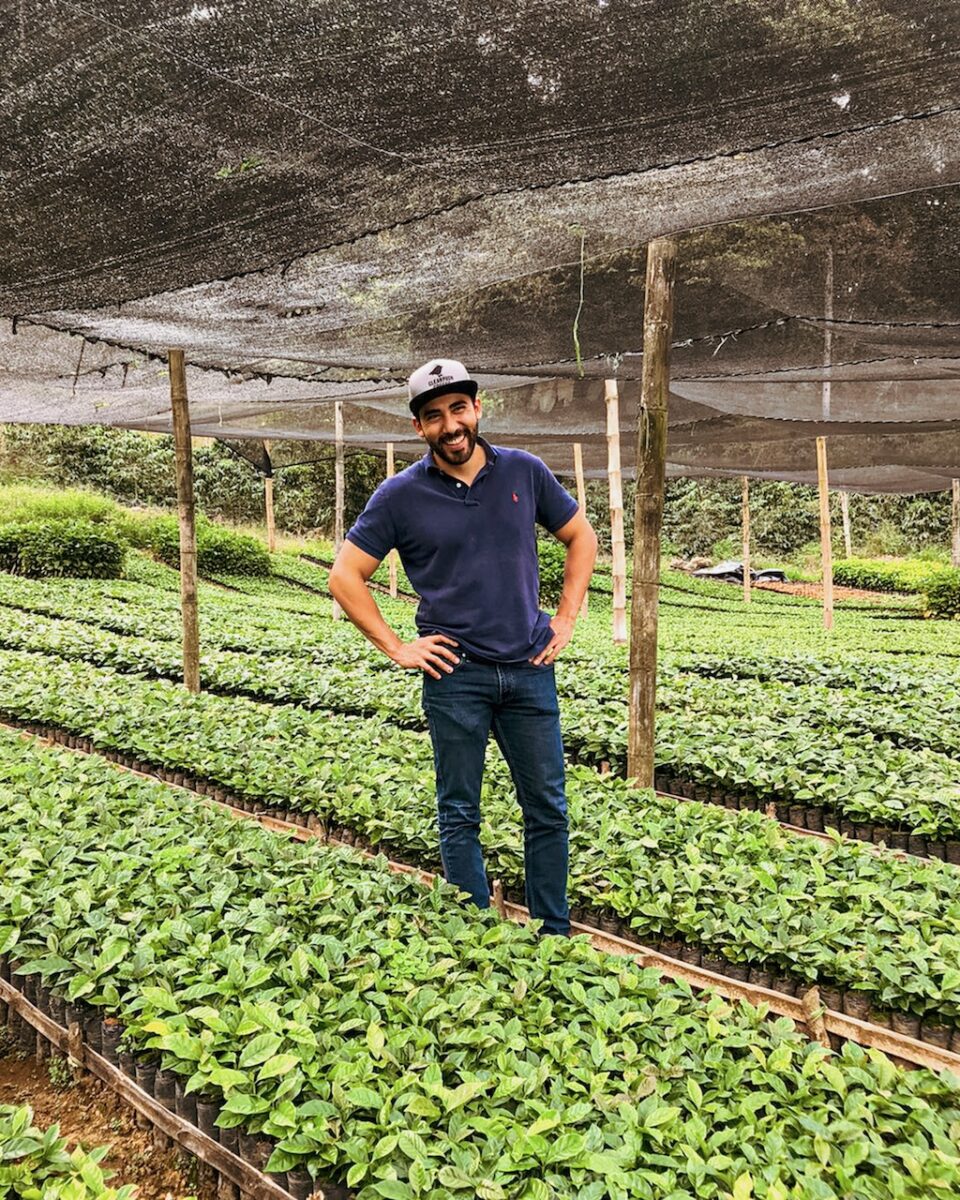
Better to try and fail
Originally training as a vet, Vincente began his career only to realize that the business side of the job also interested him, and he headed to Buenos Aires, Argentina, to study for a Master’s degree in agribusiness. While at graduate school, he took a job with a trading company selling corn, soybeans and other grains from Argentina to all over the world. His job meant that he would be on the phone all day with international clients, negotiating prices, and he found that it was something he really enjoyed.
He stayed on with the company for a few years after graduating, later returning to Colombia to begin a brokerage company in 2014 (now run by his brother) trading pulse and grains to Colombia from Argentina and Canada. The job was interesting and exciting, with something new to learn every day. Yet, while he didn’t regret his decision, Vicente knew that he wanted something else, something more than just trading one thing to make a bit of money on another.
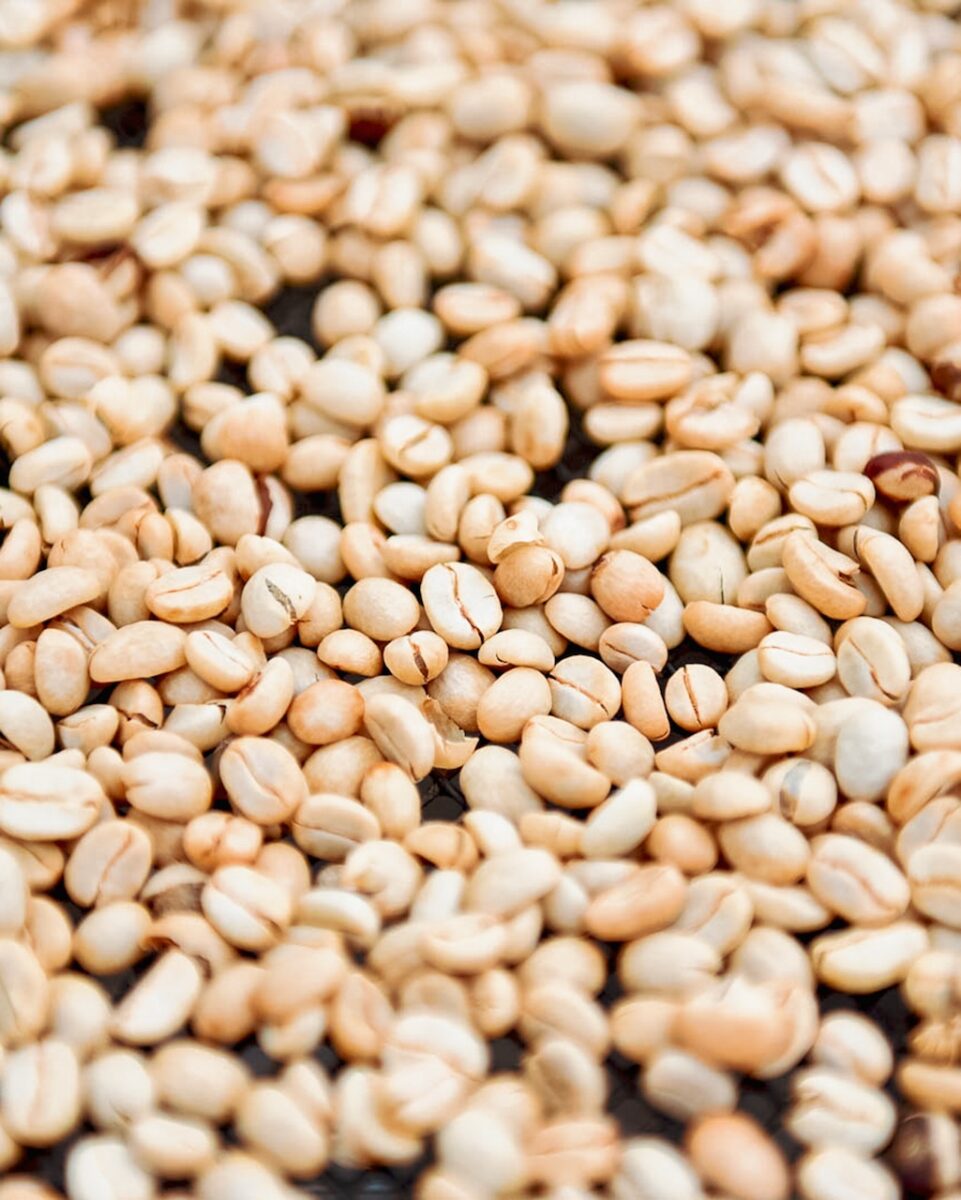
Vicente wanted to do something for Colombia, something that could bring money into the economy. That was when his interest in the potential of coffee began. The more he learnt, the more he liked it, until he was ready to dedicate all his time and effort into this new business.
“There were two main reasons why I decided to focus on coffee. One, the coffee business in Colombia is still very old school, but at the same time has lots of room for innovation and new ways of doing business. The other is how fast the specialty coffee industry is growing and changing. With our producers and within our network, every couple of months we have a new processing method or a new coffee profile coming up. And we’re trying to implement that as fast as we can to offer it to the clients. It’s challenging and it’s exciting.”
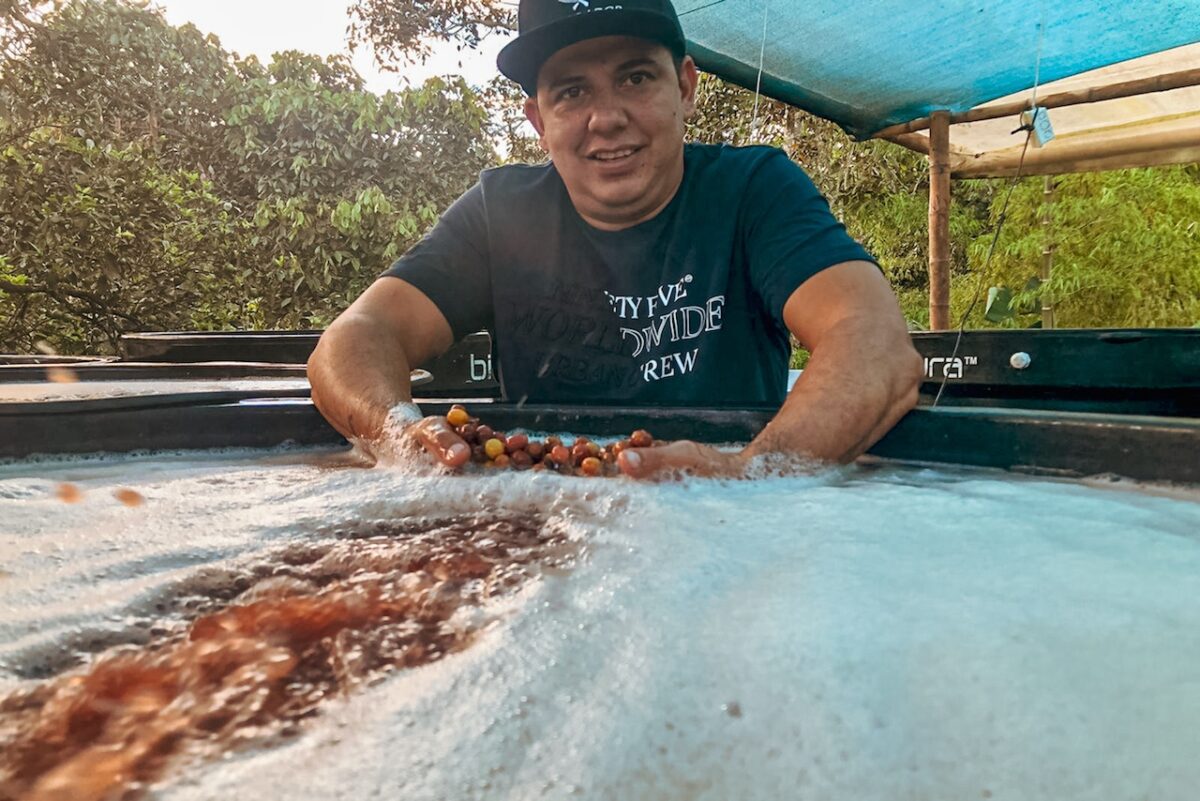
Being open minded has always been at the core of Clearpath’s activities. Whatever is happening in the marketplace, they want to try it, even if it means failing. An example is their recent experiment with fruit co-fermentation.
“A lot of people are like, “That’s not how we do it. That’s not coffee.” But we see it differently. We want to know if there’s a market for this, and know the client’s reaction before we make a decision. Of course, we need the understanding of the producers to take these risks. But we can do this because of the strong relationship we have with producers, who also want to do new things. For us, the coffee farmers are the point of the spear, pushing our innovation forward.”

The best in Colombia
Of course, not all farmers are willing to experiment or ready to take a risk. For smallholders who have been using traditional methods for as long as they have been farming, a new process is a huge gamble. There is no guarantee the experiment will work, and even if it does, there may not be a buyer. Added to that is a lack of technical knowledge and the infrastructure needed to take on a new technique.
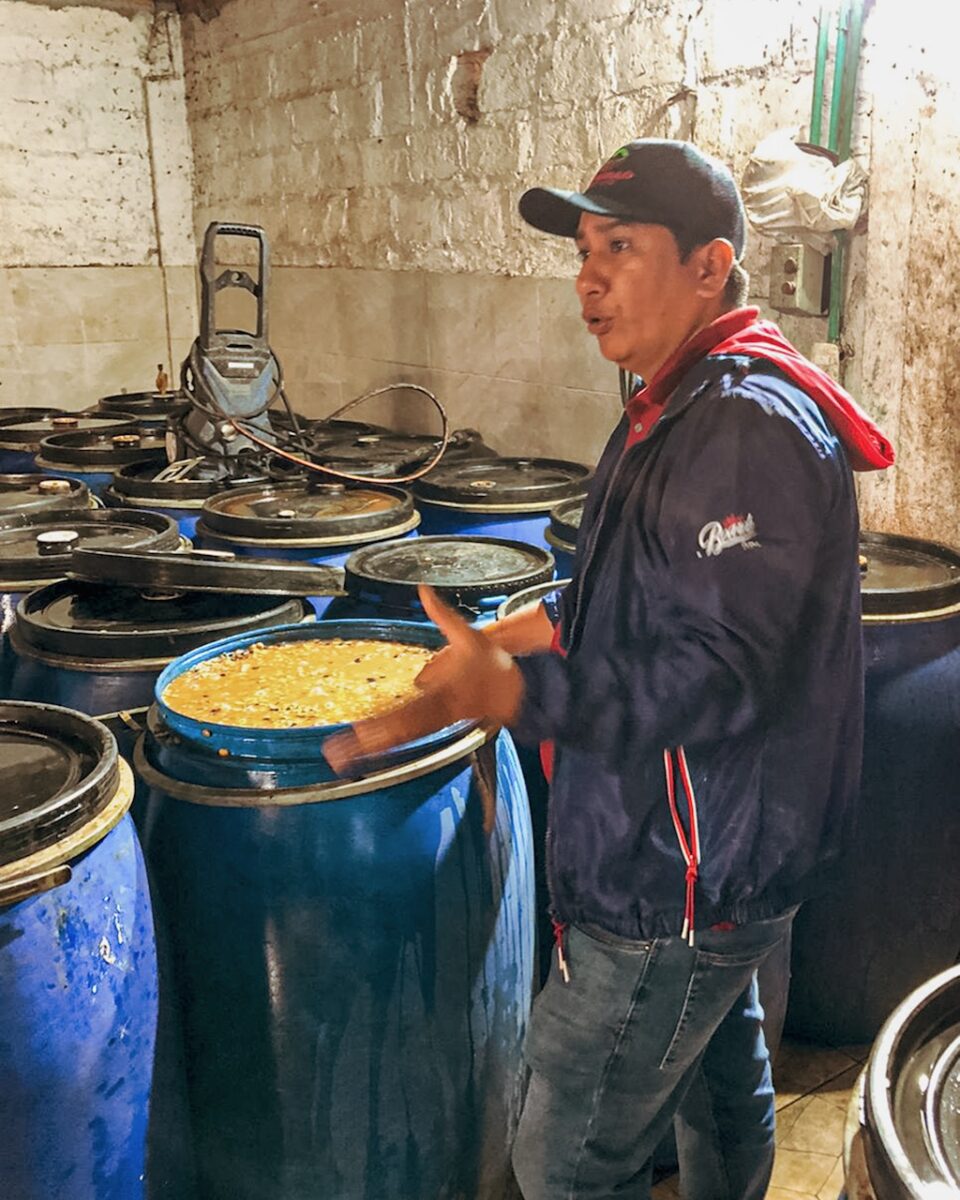
To answer this, Clearpath built El Puente in 2019. It’s a purpose-built processing center where coffee farmers can learn and experiment without risk to their produce. Clearpath buys in the cherries, and provides the necessary equipment for farmers to try out new, more complex processing methods. There is even a team of trained experts to assist the farmers. Clearpath takes on the risk so farmers can innovate without fear.
“As a company, we want to be the best ally for coffee producers in Colombia. We want to be the biggest specialty coffee exporter in Colombia. Our goal is to multiply our revenue and exports by 10 in a five-year period.
It’s a very, very ambitious goal. But I like challenges. I like smashing through that ceiling to get to the next level. That’s what makes building a business so exciting. This feeling of growing things, of making it bigger, better, getting to new possibilities. There’s nothing better than that. And that’s why I can see myself doing this, building businesses till I’m 100 years old.”
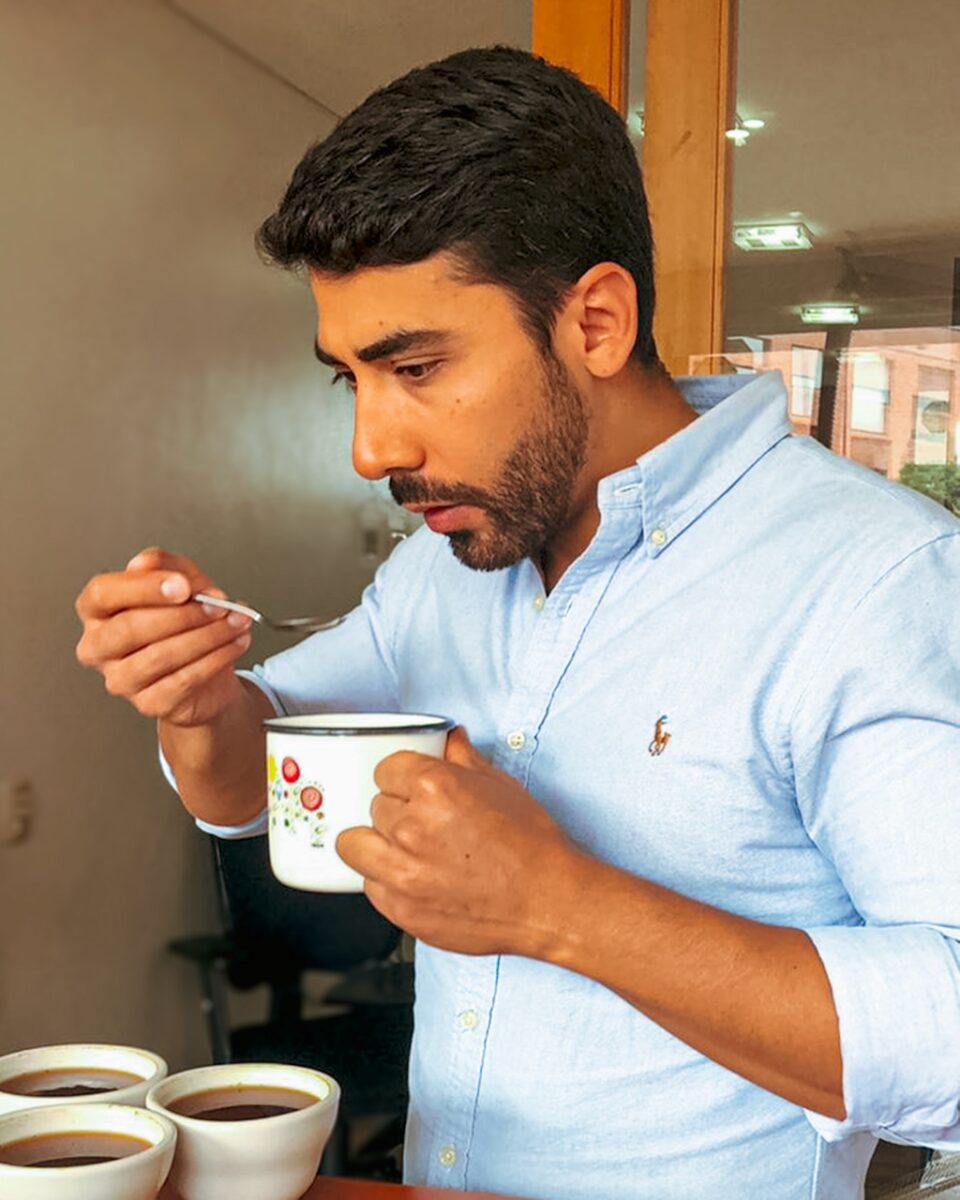
But Vicente is not content to grow just any business.
“What I like about the specialty coffee industry is that it’s not only focused on making money and profits. It’s also interested in the relationships, interested in the people, interested in helping everyone that is in the coffee community. Coffee, and especially specialty coffee, has incentives built in the market for doing good for people, for building community.
And that is not something that I have to push against or try to force. It happens naturally. What the market wants, is what I want, and what we want to do with Clearpath. That’s something very attractive to me, something that I feel very happy about.”